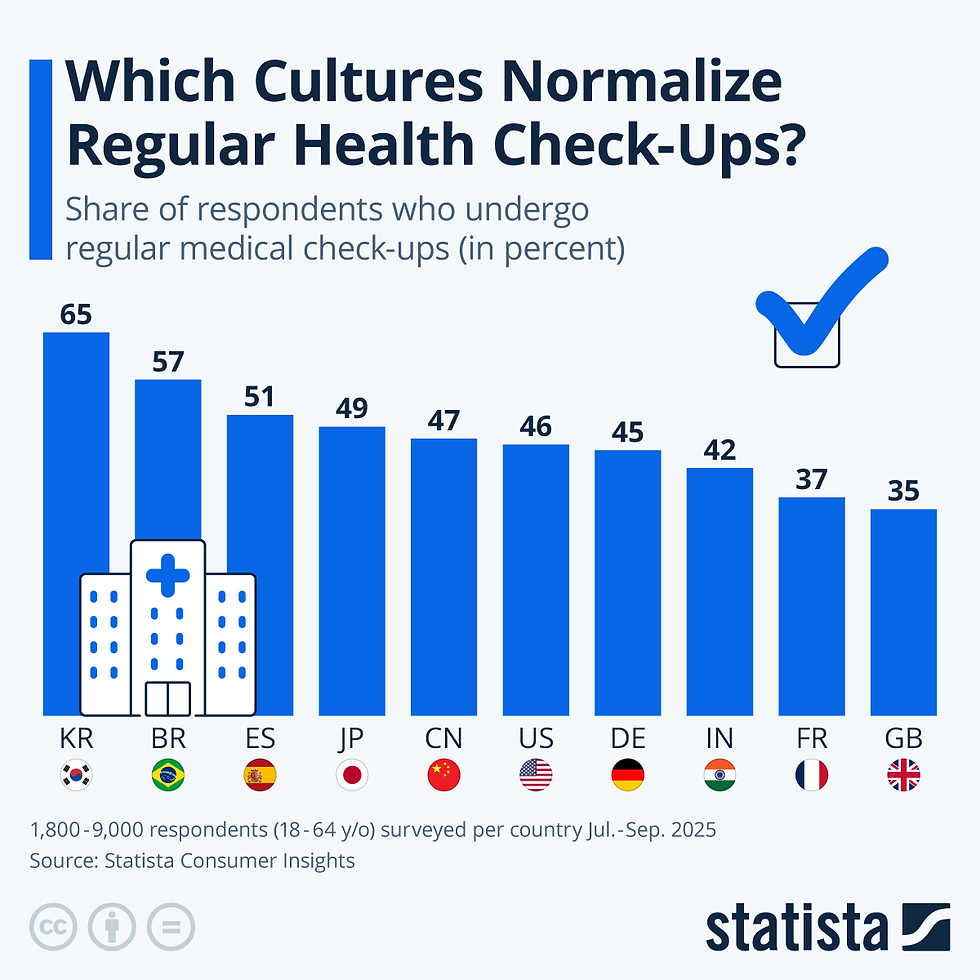Airbnb Recovers From Pandemic Dip
- Create and Learn

- May 11, 2022
- 2 min read

This article is published in collaboration with Statista
by Felix Richter
After seeing its bookings cut by more than 40 percent due to the pandemic in 2020, Airbnb bounced back remarkably well in 2021. Despite Covid’s persistent dampening effect on international travel, the short-term rental market leader reported a 56-percent jump in the number of nights and experiences booked through its platform, bringing total bookings within 8 percent of the 2019 total. Looking at gross booking value, last year even surpassed 2019 by more than 20 percent, as many hosts raised prices to make up for lost income in 2020.
So why has Airbnb done so well when travel remained subdued for large parts of the year due to Delta and later Omicron? Interestingly, the company found a way to take advantage of the unique circumstances created by the pandemic. “We are undergoing the biggest change to travel since the advent of commercial flying,” the company writes in its latest shareholder letter. “Remote work has untethered many people from the need to be in an office every day,” resulting in millions of people who can live anywhere.
As a result of this newly gained freedom, one in five nights booked on the platform in Q4 2021 were for stays of a month or longer and almost 175,000 guests booked a stay for three months or longer last year. Looking ahead, Airbnb plans to capitalize on this trend, “as millions of people live in Airbnbs for weeks, months, or entire seasons at a time.” Leading by example, the company’s CEO Brian Chesky recently announced that he’ll be living in Airbnb’s for the time being. To showcase what he calls “the decentralization of living”, Chesky plans to be staying in a different town or city every couple of weeks and return to San Francisco frequently like millions of remote workers do.
Start leaning Data Science and Business Intelligence tools:




























Comments